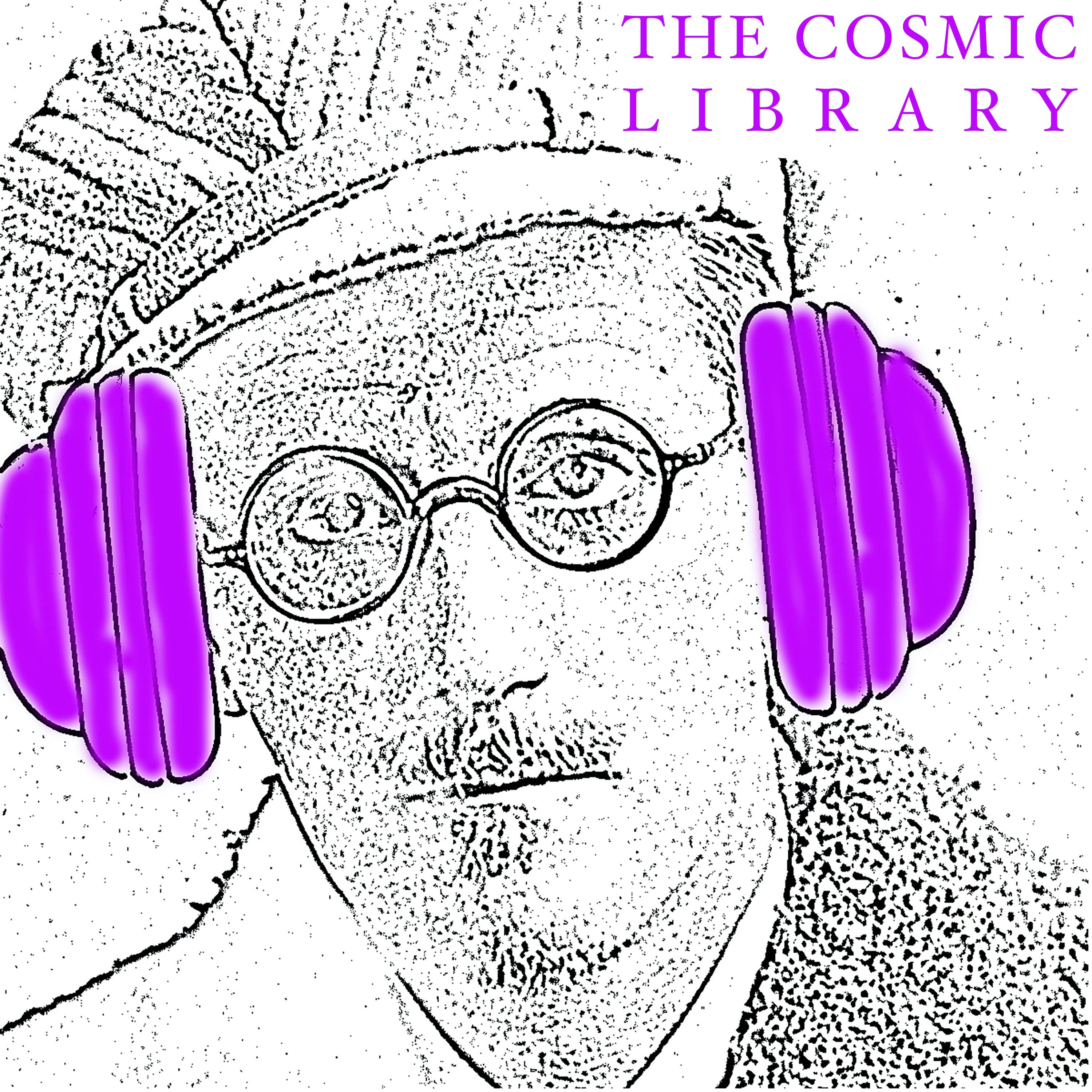5.3 It's Weird
Description
American short stories started out weird. Consider Nathaniel Hawthorne, as we just did in episode two this season—or, consider Edgar Allan Poe. Existential strangeness and cosmic peril pervade these nineteenth-century stories, and those moods have stayed with American short stories into the twenty-first century.
Brevity can be crucial for such stories' maximal, cosmic weirdness. Justin Taylor points out here how Poe can get to extremity simply in a sentence. "What Poe brings to the table," Taylor says, "is that extreme purpleness of language, that kind of humidity, that really baroque Poe sentence, where it's kind of overwrought and maybe a little silly at times, but it's also really finely controlled."
And Becca Rothfeld explains in this episode how short stories themselves aren't inherently contained, minimalist projects. A story, she tells us, “can resist ending by resisting presenting a satisfying or tidy conclusion," thereby inclining the reader toward something messy, something beyond, something expansive.
Brevity might also express all that we can about overwhelming sublimity, in any case. Andrew Kahn quotes an essayist, writing on the centenary of Poe’s birth, who observed how Poe “understood that the story of horror must be short, because he knew that the illusion of sheer marvel cannot be long sustained.”
Guests:
Deborah Treisman, fiction editor at The New Yorker
Andrew Kahn, author of The Short Story: A Very Short Introduction
Becca Rothfeld, critic at The Washington Post and author of All Things Are Too Small
Justin Taylor, author of Reboot
Max Gordon Moore, actor—with Broadway credits including Indecent and The Nap
Learn more about your ad choices. Visit megaphone.fm/adchoices
More Episodes
The word “story” often comes after the word “bedtime,” and for good reason. Stories can frighten us, disturb and shock us, prompt us to change our thinking, but compared to most experiences, reading a story is tranquil. Podcasts, similarly conveying mediated encounters with other lives, are also...
Published 05/22/24
Published 05/22/24
“If my college-age self, reading White Noise, had thought I would one day be discussing word placement with Don DeLillo, I would have had a heart attack,” Deborah Treisman says in this episode. Since those days, in her role as fiction editor at The New Yorker, she has indeed discussed word...
Published 05/15/24


